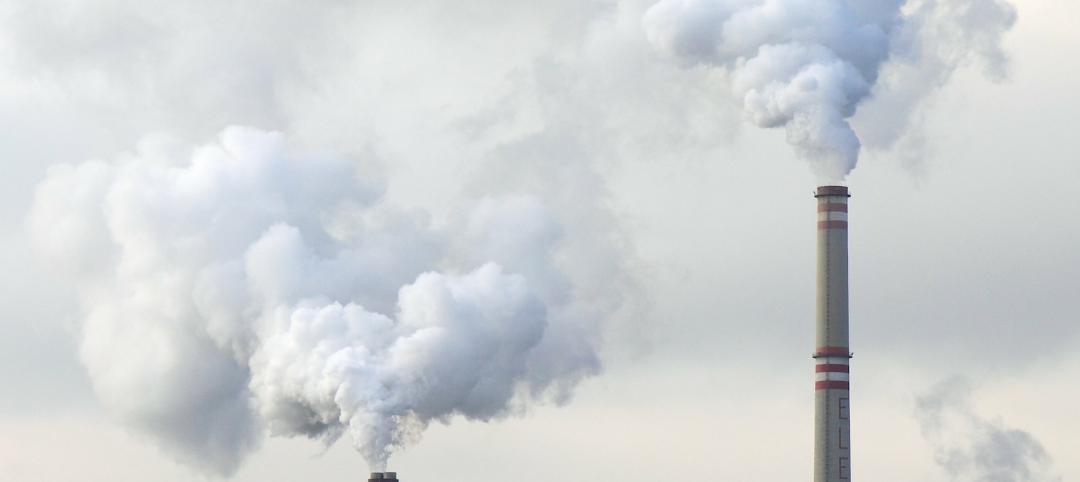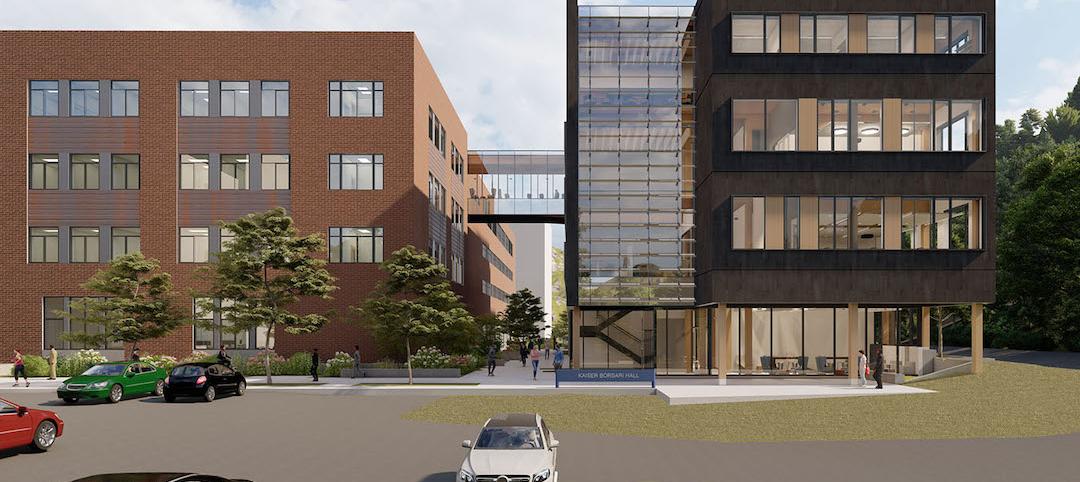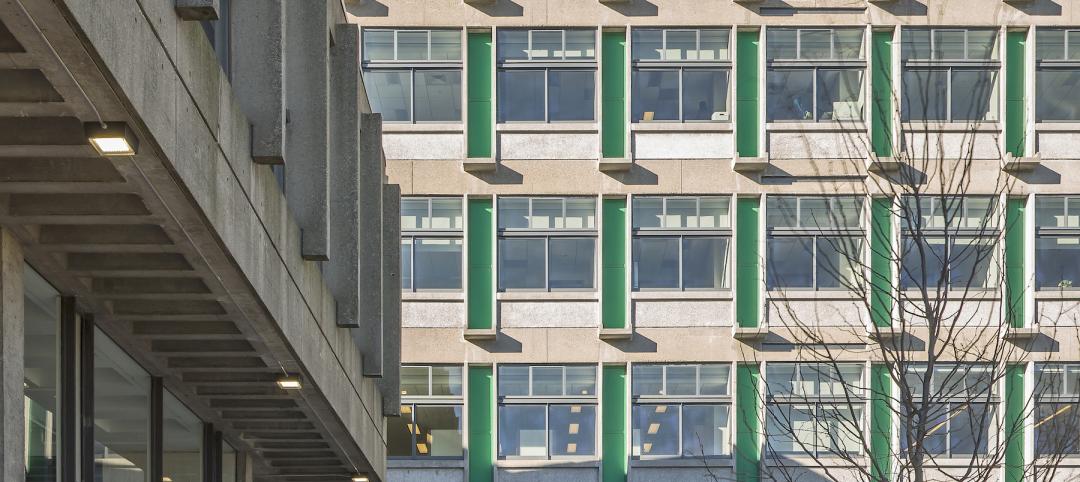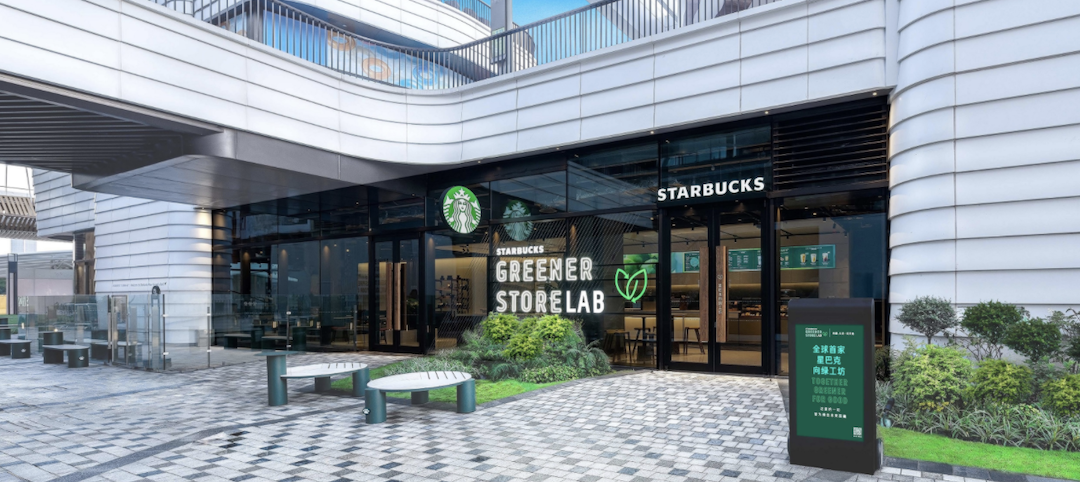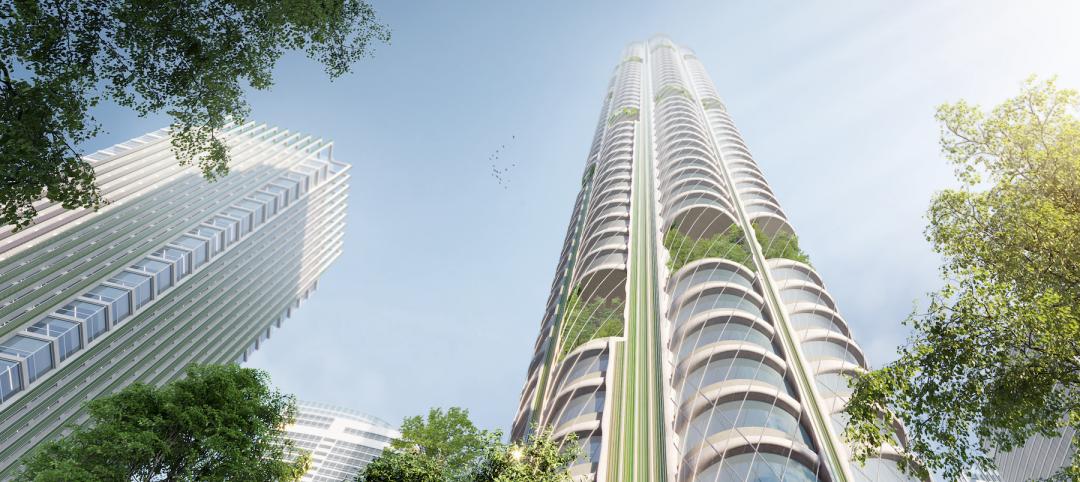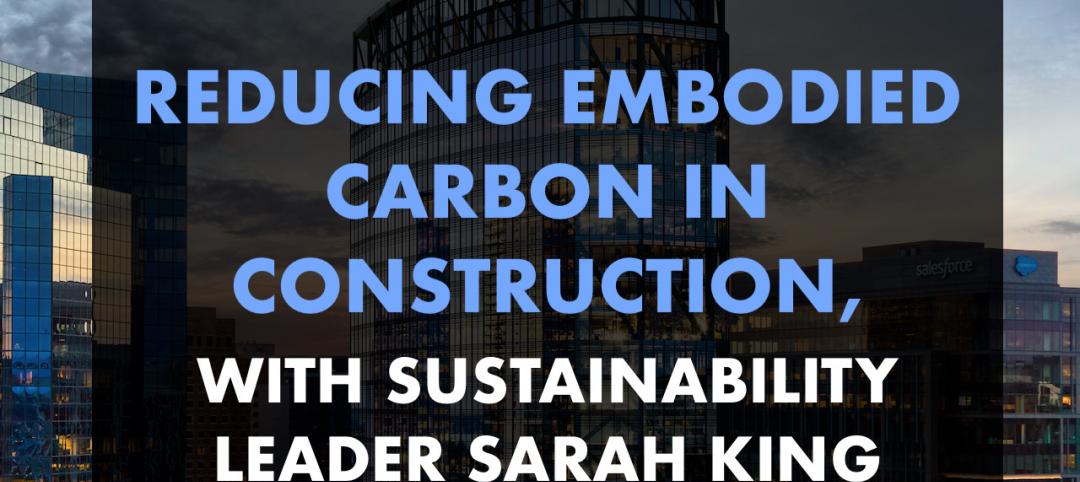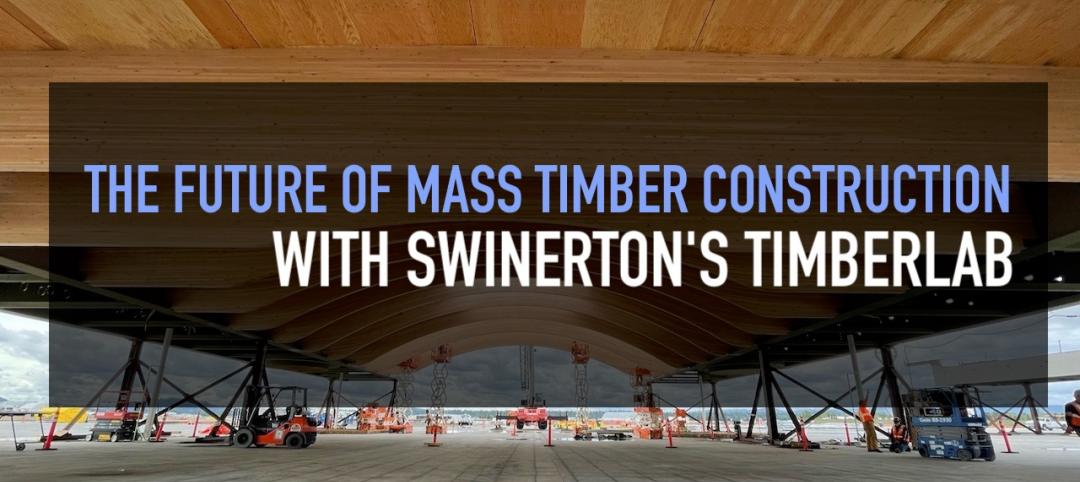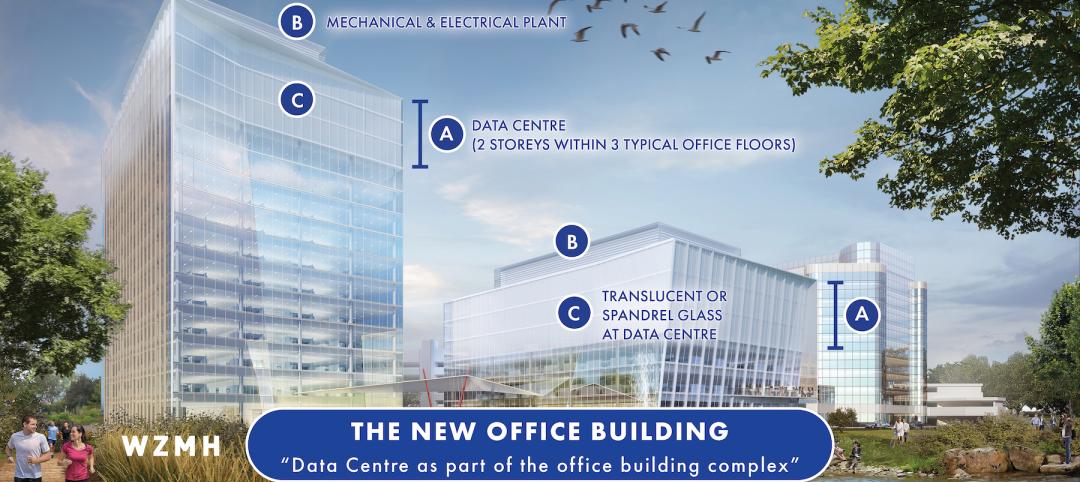The Willis Tower is currently undergoing a more than $500 million renovation that will transition it from an office building into a neighborhood that delivers life and work experiences.
As part of this evolution, Willis Tower, under LEED’s latest v4.1 rating system, has become the largest building in the United States to earn LEED Platinum certification.
In partnership with Rivion, a Wisconsin-based energy consulting firm, EQ, a U.S. office portfolio company wholly owned by Blackstone's real estate funds, improved the building's environmental quality through a number of building enhancements, including:
— Revamping the heating and cooling (HVAC) system through the installation of state-of-the-art technologies, allowing the Tower to heat and cool more efficiently, which is expected to reduce energy consumption by up to 20 percent.
— Reducing heating water energy consumption by replacing electric hot-water generators with natural gas hot-water boilers.
— Upgrading the building's lighting control system and installing energy-efficient LED lights.
— Installing low-flow high-efficiency sink faucets, toilets and urinals, which is expected to cut approximately 30 percent of the building's water consumption (11 million gallons annually).
The driving force behind the Tower's transformation is Blackstone and EQ's mission to create sustainable experiences and make smart choices that improve the space and environment around its properties.
These values are noticeable in the Tower's new 125,000 square feet of tenant-exclusive amenities, as well as the addition of Catalog, the 300,000 square foot retail, dining and entertainment experience at the base of Willis Tower and the soon-to-open 30,000 square foot outdoor deck and garden.
Related Stories
Codes and Standards | Feb 18, 2022
Proposal would make all new buildings in Los Angeles carbon-neutral
Los Angeles may become the next large city to ban fossil fuels from new construction if legislation recently introduced in the city council becomes law.
Sustainability | Feb 7, 2022
Western Washington University will be home to Washington State’s first carbon neutral college building
Perkins&Will is designing the building.
Sponsored | Reconstruction & Renovation | Jan 25, 2022
Concrete buildings: Effective solutions for restorations and major repairs
Architectural concrete as we know it today was invented in the 19th century. It reached new heights in the U.S. after World War II when mid-century modernism was in vogue, following in the footsteps of a European aesthetic that expressed structure and permanent surfaces through this exposed material. Concrete was treated as a monolithic miracle, waterproof and structurally and visually versatile.
Sustainability | Nov 16, 2021
Shanghai’s Starbucks Greener Store Lab is the first RESET-certified store for material circulation in the world
The store is inspired by the city of Shanghai and its waste management goals.
Urban Planning | Nov 11, 2021
Reimagining the concrete and steel jungle, SOM sees buildings that absorb more carbon than they emit
The firm presented its case for a cleaner built environment during the Climate Change conference in Scotland.
Sustainability | Nov 9, 2021
The future of regenerative building is performance-based
Why measuring performance results is so critical, but also easier said than done.
Sustainability | Oct 28, 2021
Reducing embodied carbon in construction, with sustainability leader Sarah King
Sustainability leader Sarah King explains how developers and contractors can use the new EC3 software tool to reduce embodied carbon in their buildings.
| Oct 14, 2021
The future of mass timber construction, with Swinerton's Timberlab
In this exclusive for HorizonTV, BD+C's John Caulfield sat down with three Timberlab leaders to discuss the launch of the firm and what factors will lead to greater mass timber demand.
Green | Oct 6, 2021
My reaction to the UN IPCC Climate Change 2021 report: Ugh!
The recent report of the UN Intergovernmental Panel on Climate Change is not a happy read.
Data Centers | Sep 22, 2021
Wasted energy from data centers could power nearby buildings
A Canadian architecture firm comes up with a concept for a community that’s part of a direct-current microgrid.



